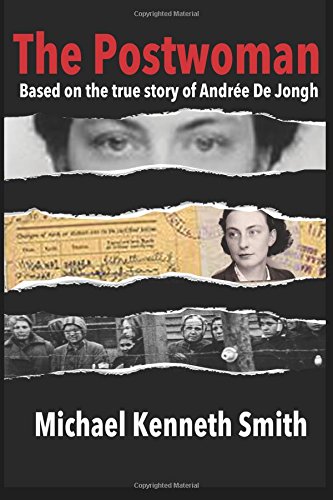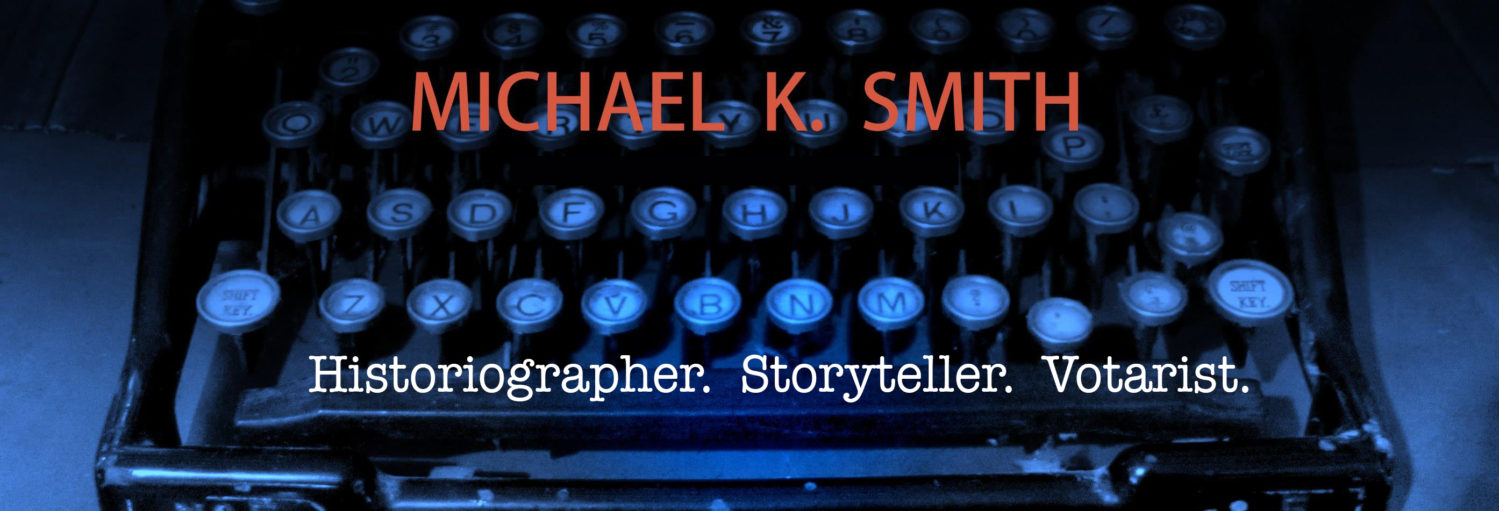 Having learned that Lynne Olson was coming to our community to talk about her then latest book, Citizens of London, I read it and found the book captivating. After her lecture, we had dinner and I asked her about her brief reference to Belgian, Andrée de Jongh, a World War II resistance fighter. She said a comprehensive book on her life in the war had never been written and she hoped somebody would tell de Jongh’s very compelling story. Having already written two American Civil War novels myself, the concept of writing about WWII really piqued my interest. When I expressed a certain curiosity about de Jongh, Ms. Olson pointed her finger at me and said that I should write her story, and if I did she would forward some research she had already written about her.
Having learned that Lynne Olson was coming to our community to talk about her then latest book, Citizens of London, I read it and found the book captivating. After her lecture, we had dinner and I asked her about her brief reference to Belgian, Andrée de Jongh, a World War II resistance fighter. She said a comprehensive book on her life in the war had never been written and she hoped somebody would tell de Jongh’s very compelling story. Having already written two American Civil War novels myself, the concept of writing about WWII really piqued my interest. When I expressed a certain curiosity about de Jongh, Ms. Olson pointed her finger at me and said that I should write her story, and if I did she would forward some research she had already written about her.
A few days later, I received a packet from Lynne with the research she had written and I was hooked. Because so little of her life was actually documented, the book would have to be a novel which would give me the opportunity—and the challenge—to make her life come alive while following her known timeline and experiences. Some say that historical nonfiction will tell the reader when and what happens and a historical novelist (fiction) will tell the reader how it felt. I wanted to tell the story of Andrée de Jongh (aka Dedee) from her perspective and write about not only her exploits, but her personal experience.
From a research perspective, I am very comfortable writing about the Civil War . . . switching to the European Theater of WWII was a challenge, though my research methods remained the same. When writing about the Civil War, I have a general concept of timelines and main events, and while I had timelines and main events, WWII also required constant referrals to written texts to make sure I had all my facts straight. I always try to make my historical novels dance to the beat of actual timelines and events.
The protagonists in my first two novels (Home Again and Scarred) were men and, as a man, I could easily relate whether it was a love scene, action scene or any other. Andrée de Jongh was a woman—a young, attractive and very driven woman—who dealt with very strong men, whether they were Nazis, RAF fliers, Luftwaffe captains or concentration camp guards. Detailing the constant conflict between Ms. de Jongh and these powerful personalities required a different skill set that forced me to crawl under her skin and envision the interplay between a driven woman and, often times, ego driven men—not an easy thing to do.
As I wrote her story, I came to understand what an exceptional woman she really was, and my respect and admiration for her grew and grew. Indeed, I fell in love with her. The book is called, The Postwoman, and the ending, for me, is quite poignant. I’ve read it dozens of times and each time I tear up, and am humbled, recounting the honorable and extraordinary person she was.

Leave a Reply